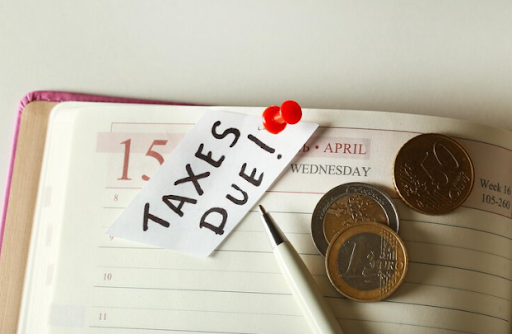Chapter 13 bankruptcy is closely tied to financial issues because it offers a structured way for individuals with regular income to manage debts. It allows debtors to create a repayment plan over time while protecting assets like their home or car.
This legal process stops creditors from taking action and provides a pathway for debtors to regain financial stability by systematically addressing their financial challenges.
Chapter 13 bankruptcy, or reorganization bankruptcy, is designed for individuals with a regular income who want to restructure their debts without losing assets like their home or car. Unlike Chapter 7 bankruptcy, Chapter 13 allows debtors to create a repayment plan to gradually repay all or a portion of their debts over three to five years.
Who Qualifies for Chapter 13 Bankruptcy?
To qualify for Chapter 13 Bankruptcy Law Services, individuals must have a steady income to make monthly payments under a court-approved plan.
They should also have unsecured debts (like credit card debt) below a certain threshold and secured debts (like mortgages or car loans) within specified limits. Eligibility requirements ensure that debtors can realistically adhere to the repayment plan.
The Role of a Chapter 13 Bankruptcy Lawyer
A Chapter 13 bankruptcy lawyer plays a crucial role in guiding individuals through the bankruptcy process. They assess a debtor’s financial situation, help develop a feasible repayment plan, and negotiate with creditors.
The lawyer ensures all legal requirements are met, represents the debtor in court hearings, and advocates for their rights throughout the bankruptcy proceedings.
Creating a Repayment Plan
The heart of Chapter 13 bankruptcy is the creation of a repayment plan. This plan details how the debtor will repay creditors over a period of three to five years. It consolidates debts into manageable monthly payments based on the debtor’s income and expenses.
The plan must be submitted to the bankruptcy court for approval and typically requires creditors to receive at least as much as they would under Chapter 7 bankruptcy.
Benefits of Chapter 13 Bankruptcy
Chapter 13 bankruptcy offers several benefits to debtors. It allows individuals to retain their assets while restructuring debts, providing a chance to catch up on missed mortgage or car payments. It also stops foreclosure proceedings and prevents creditors from taking legal action against the debtor.
Moreover, Chapter 13 may improve credit scores more quickly than Chapter 7, as it shows a commitment to repay debts over time.
Completing the Chapter 13 Bankruptcy Process
Once the court approves the repayment plan, debtors must adhere to the plan’s terms by making regular payments to a court-appointed trustee. The trustee distributes these payments to creditors according to the approved plan.
Debtors must also attend a financial management course before receiving a discharge of their debts. Once the repayment plan is completed, remaining eligible debts may be discharged, providing debtors a fresh financial start.
Final Wording
Understanding Chapter 13 bankruptcy law services empowers individuals to make informed decisions about managing their debts and protecting their assets.
This guide provides a foundational understanding of Chapter 13 bankruptcy law services, clarifying how this legal process works and its potential benefits for individuals facing financial challenges.












